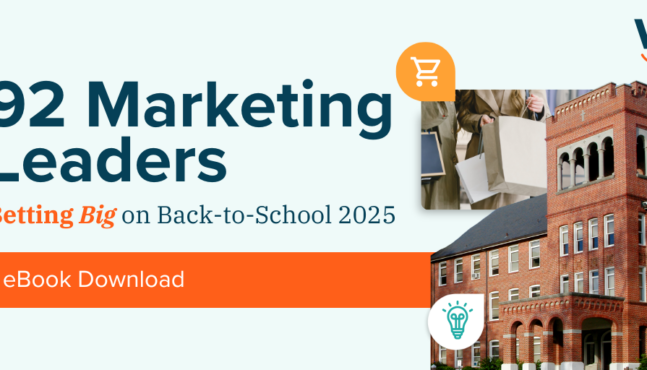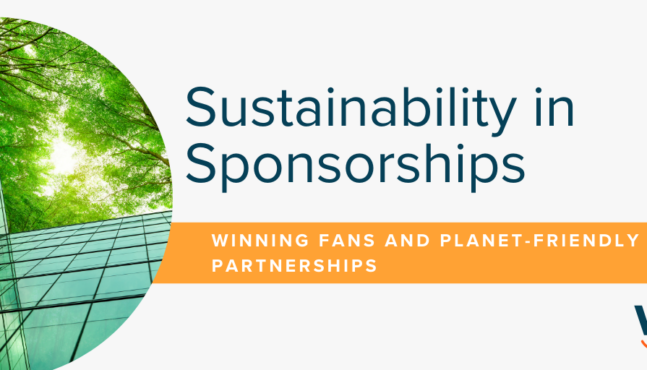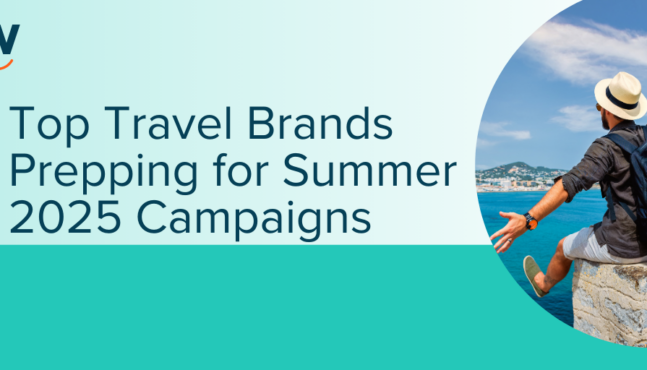
Facebook Picks Friends Over Publishers
Facebook is forcing publishers to take a backseat so it can focus on things that really matter – friends and family.
In an announcement made last week, Mark Zuckerberg explained, “Recently we’ve gotten feedback from our community that public content — posts from businesses, brands and media — is crowding out the personal moments [from friends and family] that lead us to connect more with each other.”
In other words, say goodbye to the Facebook News Feed as you know it. Expect to see less sponsored content and suggested posts, and more cheesy engagement photos, baby announcements and blurry images of your Aunt Linda’s cat.
What does this mean for publishers?
Publishers are concerned, and they should be. With the new algorithm prioritizing personal posts over sponsored/suggested content, publishers will likely see a major decrease in Facebook referral traffic.
Those hit the hardest will be publishers that have relied heavily on Facebook to drive traffic. Specifically, smaller, lesser known publishers that have built their following by posting every article to Facebook just to see what sticks. To put it harshly, CEO of Complex Networks Rich Antoniello explains, “Traffic chasers’ fall from grace will be severely expedited. If they were going to be out of business in three years, now it will be 12 months.”
Now, just because it doesn’t look great for the little guys doesn’t mean it’s going to be all puppies and rainbows for the larger publishers. In fact, big publishers who have built a large portion of their following through Facebook, and rely heavily on video, could be in a similar boat as some of these smaller publishers. For example The Market Intelligence Blog reports that Buzzfeed is the biggestrecipient of Facebook referral traffic, meaning this could certainly affect the publisher in a big way.
How did this happen?
To put it simply – I think this was a lack of preparation. Let’s not forget that the transition from print to digital was not exactly the easiest for many publishers. So, as they began to find their footing in the digital space, Facebook was a simple solution for pushing content.
However, as the number of publishers using Facebook grew, the social platform began acting more as a media company – which (we now know) isn’t the direction they planned to go. Now, maybe at the time it didn’t occur to anyone that this would happen, but according to journalist Michael Wolff, “There were always signs that Facebook was unreliable, frequent algorithmic shifts that suddenly disrupted traffic patterns, or, worse, suddenly no traffic at all, and only opaque responses from Facebook executives.” Well, hindsight is always 20/20.
What’s next?
Initially, expect publishers to stumble in the dark for a bit. Like any big change, they will be forced to adjust to a new normal. Once the changes have set in, the primary focus for publishers will be running meaningful content that builds relationships with consumers.
According to Digiday, forward-thinking publishers have been moving focus towards engaging content that drives consumer loyalty and “subscription revenue.” Additionally, aiming to “diversify their traffic sources so they’re less dependent on Facebook, still the second biggest referrer of traffic just after Google.”
Over the next few weeks, publishers will likely watch their Facebook content fade away like distant memories. Once they have gathered themselves and wiped away the tears of what once was, look for their attention to focus on two things: providing content that complies with Facebook’s new algorithm, while also becoming less dependent on the social platform.
Don’t forget: you’re a strong independent publisher who don’t need no Facebook. But you do need Winmo!




